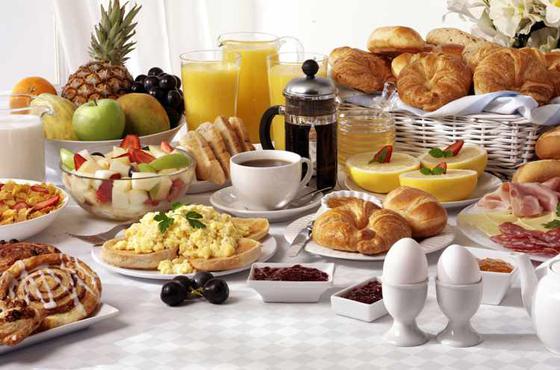In March the Hamriyah Free Zone Authority (HFZA) unveiled plans for its Sharjah Food Park. To be located in the Hamriyah Free Zone (HFZ), the large-scale integrated complex will cover an area of 11m sq metres, which will make it the largest dedicated center in the region officials said.
Set to offer warehousing and worker accommodation – while also benefitting from the HFZ’s strategic location near the deep water Hamriyah Port and Sharjah International Airport – the complex is intended to serve as a regional focal point for food import, export, storage, manufacturing and packaging.
A business center has also been included in the project blueprints, with a total of 100 offices to be leased for between Dh11,000 ($2990) and Dh35,000 ($9530) per month.
“HFZA’s Food Park will be the first of its kind in the food industry complex in terms of its nature and size and is expected to contribute greatly to the GDP in the future by attracting more foreign investors to the emirate and encouraging the business community to expand their existing projects to enjoy more rewarding returns,” Saud Salim Al Mazrouei, director of the HFZA and the Sharjah Airport International Free Zone (SAIF Zone), told media when announcing the project.
Building capacity
Manufacturing has long been one of the main driving forces of Sharjah’s economy, currently accounting for around 17% of GDP. The emirate’s industrial base also represents some 33% of all the manufacturing activity in the UAE, a market share that could increase once the Sharjah Food Park comes on-line.
While the latter remains a work in progress, Sharjah’s food processing segment has already shown signs of solid growth in recent years.
Operating out of the SAIF zone, food and beverage manufacturer Delta Food Industries has been steadily increasing its production capacity since setting up shop in the emirate in 2012.
In March last year the company added a $10.4m dairy processing plant at SAIF to supplement its fruit and vegetable production lines. The factory produces 250,000 cartons of evaporated milk and cream every month.
Earlier this year the company also opened a 5000-sq-metre tin can and packaging facility worth Dh60m ($16.3m). The facility has the capacity to manufacture up to 30m cans per month and can produce both recyclable bottles made from polyethylene terephthalate and Tetra packs used as packaging for Delta’s food products.
By consolidating most of the manufacturing process at its SAIF site, the company expects to be able to cut its overheads, as well as production and delivery times.
The development of stronger food processing and downstream support industries such as packaging is also in line with Sharjah’s goal of boosting exports to markets outside the GCC, particularly those in the wider MENA region and the rest of Africa, according to Abdullah Sultan Al Owais, chairman of the Sharjah Chamber of Commerce and Industry.
“Food processing and pharmaceuticals, for instance, are two areas of immense opportunity given the enormous needs for these types of products in the aforementioned regions,” he told OBG earlier this year.
Food security
The development of Sharjah Food Park at the HFZ and investments from private firms are also in keeping with the broader policies of the UAE regarding food security.
In February, during a meeting with the Abu Dhabi Food Security Alliance, Sheikh Khalifa bin Zayed Al Nahyan, president of the UAE and ruler of Abu Dhabi, declared food security to be a policy of national importance, stating that increased efforts were needed to boost sustainability through investments and development.
While Delta’s expansion and the construction of the new food park are unlikely to contribute a great deal to the primary production of foodstuffs in the UAE, the emirate’s growing capacity to process and add value to raw materials should help reduce the country’s growing food import bill.
A report by Alpen Capital released in February showed that the value of the UAE’s packaged food imports rose by 8.2% per year between 2010 and 2015, when it hit $4.3bn.
Once completed, Sharjah Food Park also has the potential to contribute to higher levels of foreign direct investment, which for food and beverages stood at Dh76.23m ($20.8m) in 2014, according to the most recent figures from the Department of Statistics and Community Development.
Oxford Business Group

























































